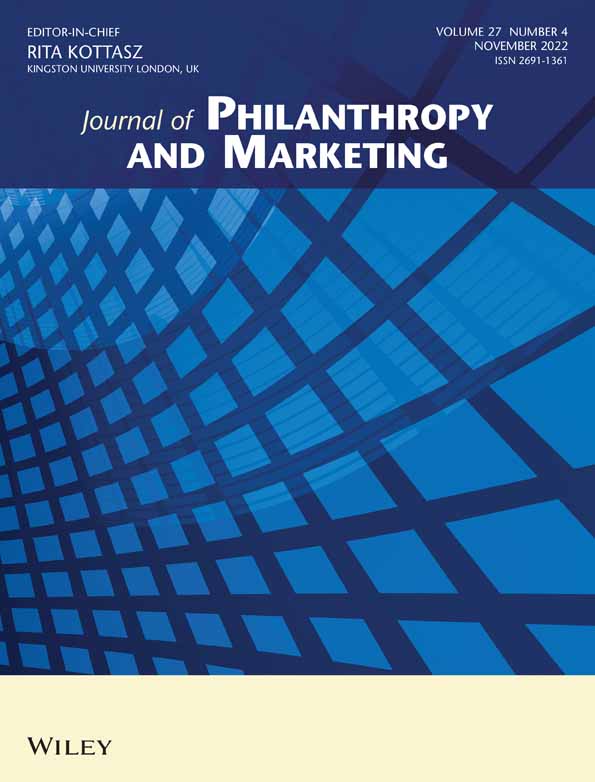Income plays a crucial role in shaping pro-social behavior, particularly in the context of charitable giving. However, existing literature reveals mixed findings when dealing with the nuances in this relationship.
 In an article published in the academic journal Journal of Philanthropy and Marketing, on the Wiley platform, Paula Fabiani, CEO of IDIS, together with Marcos Paulo de Lucca Silveira and Flavio Pinheiro, evaluates the main hypotheses concerning the influence of income on charitable giving, drawing on data from Brazil Giving Research 2020 with 2099 respondents in Brazil. This study contributes with new evidence to the topic within the context of a middle-income Latin American country, an aspect often overlooked in previous studies. Our analysis focuses on how an individual’s household income influences three key aspects: the likelihood of giving, the amount given, and the proportion of household income donated.
In an article published in the academic journal Journal of Philanthropy and Marketing, on the Wiley platform, Paula Fabiani, CEO of IDIS, together with Marcos Paulo de Lucca Silveira and Flavio Pinheiro, evaluates the main hypotheses concerning the influence of income on charitable giving, drawing on data from Brazil Giving Research 2020 with 2099 respondents in Brazil. This study contributes with new evidence to the topic within the context of a middle-income Latin American country, an aspect often overlooked in previous studies. Our analysis focuses on how an individual’s household income influences three key aspects: the likelihood of giving, the amount given, and the proportion of household income donated.
The findings indicate that individuals from higher-income households donate larger sums of money but the same proportion of income as other income households. Household income does not significantly affect the likelihood of donating or the proportion of income donated.
Check out the full article here.


